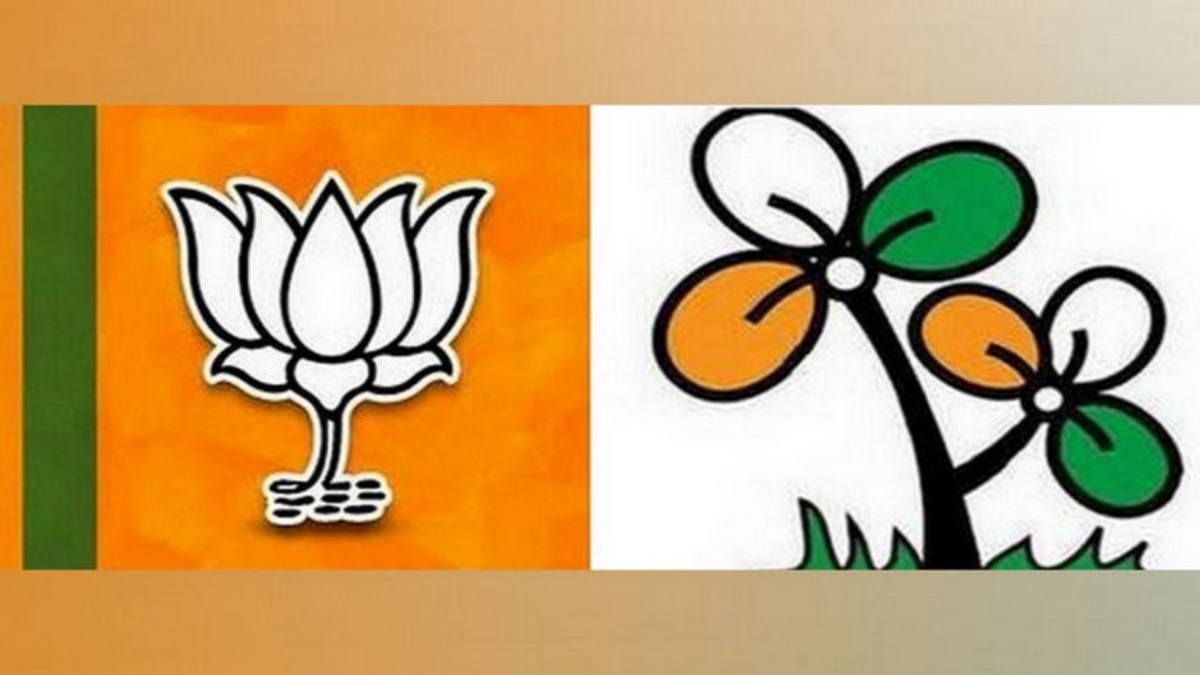
The shift of majority community votes from the Congress Party to the Bharatiya Janata Party in Kerala made the collapse of the UDF in the 2 May Assembly polls easy to predict. The Sonia Gandhi formula of consolidating minority votes and retaining enough of a minority of the votes of the majority community failed to work yet again. Its performance in Tamil Nadu has shown that the former ruling party is a liability to its electoral partners. The DMK majority would have been greater, but for its alliance with the Congress Party. But that other national party, the BJP, has reason enough to take out the worry beads. Whether in Bengal, Kerala or Tamil Nadu, the perception that the BJP is essentially a party of the Hindi belt worked against it, overcoming the advantage that the party had of being unapologetic about its focus on the majority community. The BJP stance stood in contrast to that other significant national party, the Congress, which has concentrated on the minority vote. In a country where it is important to embed a sense of common identity amongst all communities, neither approach is to be recommended, and in the just-concluded polls, neither seems to have delivered the results expected of such a strategy, except for other parties. In Kerala, the majority community moved away from the Congress Party sufficiently to cause the CPM to repeat its victory of 2016. The Marxists were assisted by the relative competence of the Pinarayi Vijayan administration, which delivered much better results during the Covid-19 catastrophe than other state governments could manage. In Bengal, the minorities knew that neither the Congress nor its partner the CPM had any chance of besting the BJP, hence a consolidation of such votes in favour of Chief Minister Mamata Banerjee. At the same time, the less than effective management of the Covid-19 crisis by the Union Ministry of Health dampened the ardour of many voters in Bengal, who stayed at home rather than vote for a party that they regarded as having blotted its copybook during the pandemic. The second wave that began to pick up steam in March has devastated millions of families financially and in still more tragic ways, and this has for the first time since 2013 (when he came centre stage onto the national scene) begun to tell upon the popularity of Prime Minister Narendra Modi. It was the misery caused by Covid-19 that brought about the 2020 defeat of President Donald J. Trump, a reminder of the importance to the Central government of dealing effectively with SARS CoV-2.
National parties having between themselves a majority in Parliament has long been regarded as desirable by political scientists, but the just concluded Assembly polls have shown that voter preferences have moved towards regional parties. Not merely that, but regional parties have been punished for aligning with one or the other of the two major national parties. Both the AIADMK as well as the DMK paid an electoral price in Tamil Nadu for allying with the BJP and Congress respectively. Whether it be in Delhi or in Bengal, the parties in power resisted such alliances, and gained as a consequence. Arvind Kejriwal in Delhi and Mamata Banerjee in Kolkata are likely to emerge as much stronger opposition voices in the tumult of democracy in India than either Sonia Gandhi or Rahul. Those within the Congress Party who sounded in the form of a letter a warning that the leadership of the party was proving to be a handicap may be having a moment of self-congratulation. The results declared on 2 May seem to have borne out their conclusions. The BJP lost the 2004 polls, as did the Congress in 2014. What will happen in 2024 depends on the lessons drawn by Prime Minister Narendra Modi of the poll results and the action taken by him to ensure that voter perceptions change from the dive that has been taking place. Unless present trends get reversed, the nation is on course to witness a situation in which the majority is held not by national but by regional parties. Not that this would be a catastrophe. Whether they belong to national or to regional parties, all are Indians. Even after the shocks of DeMo (demonetisation) to the informal economy or the tremors felt by the rest of the economy by the initial rollout of GST, there remained the expectation amongst voters of improved performance by the Modi government in the days ahead. The SARS CoV-2 second wave is seeing a reduction in such hopes for the first time since 2014. Reports of efforts by the police in some states to criminalise such a change in perception on the part of individual voters reacting on social media are difficult to comprehend or excuse in a democracy. Such efforts at criminalisation of a change in opinion are a sign that some aspects of the culture of the colonial past have lingered on, long after such thinking within those who govern ought to have been eliminated on 15 August 1947. Those responsible for such moves to criminalise, criminalise and criminalise normal behaviour in a democracy need to be held to account. Such views are incompatible with the basic structure of democracy, and it is welcome that the Supreme Court stepped in to ensure this.
Politicians have been used to considering that the winning of elections is the finish line, when such a victory is only the starting point. Almost as much as an improved performance by the Central government would be the performance of Chief Minister Stalin and Chief Minister Banerjee, just as the performance of Chief Minister Thackeray is the keystone of voter perceptions in Maharashtra. The BJP may have done a favour to Chief Minister Kejriwal by making the Lt-Governor of Delhi the de facto rather than merely de jure head of the administration of that state, for problems can always be laid at the door of Raj Nivas. A less than efficient performance by Mamata Banerjee will enable the BJP to retrieve ground in time for the 2024 Lok Sabha polls. An unimpressive performance by Uddhav Thackeray or Stalin would enable the BJP and the AIADMK to win in 2024. More than any state poll, more than all state polls combined, it is the Lok Sabha poll that will decide the destiny of India. That the race may no longer be a done deal for the BJP is clear from 2 May 2021. This has been a year in hell for too many citizens. Politicians are expected to make things better, and unless they do, they will face the wrath of the voter on the day that all power vests with the citizens through the ballot box.















